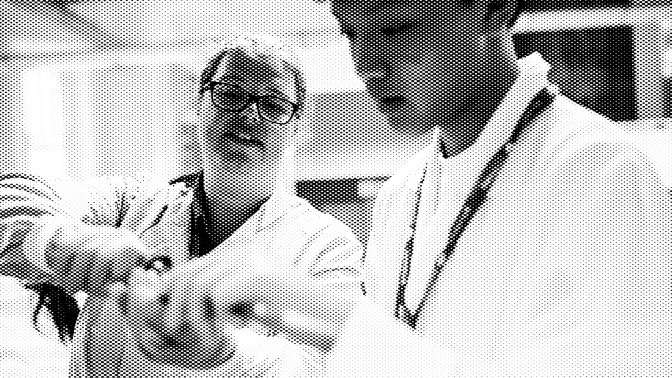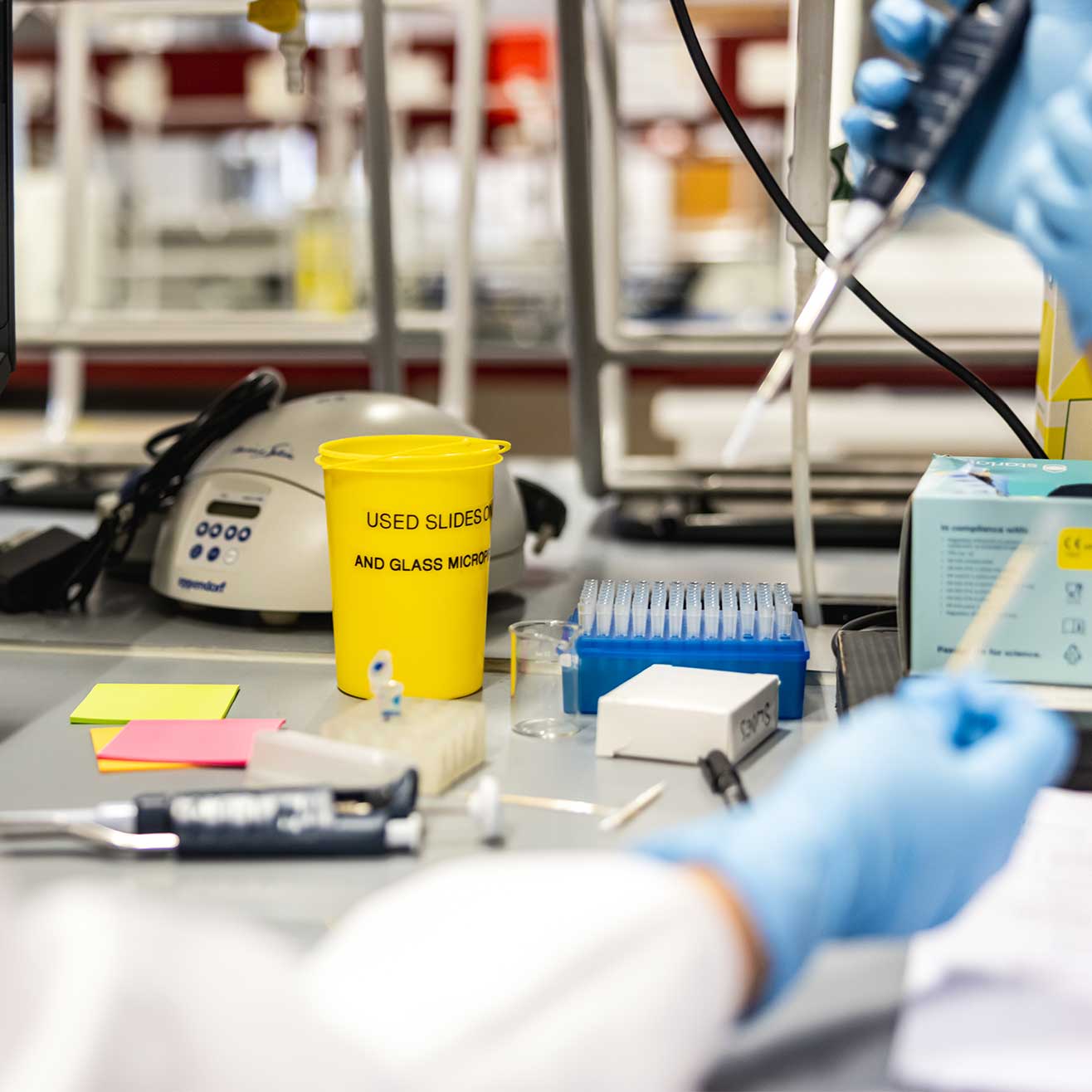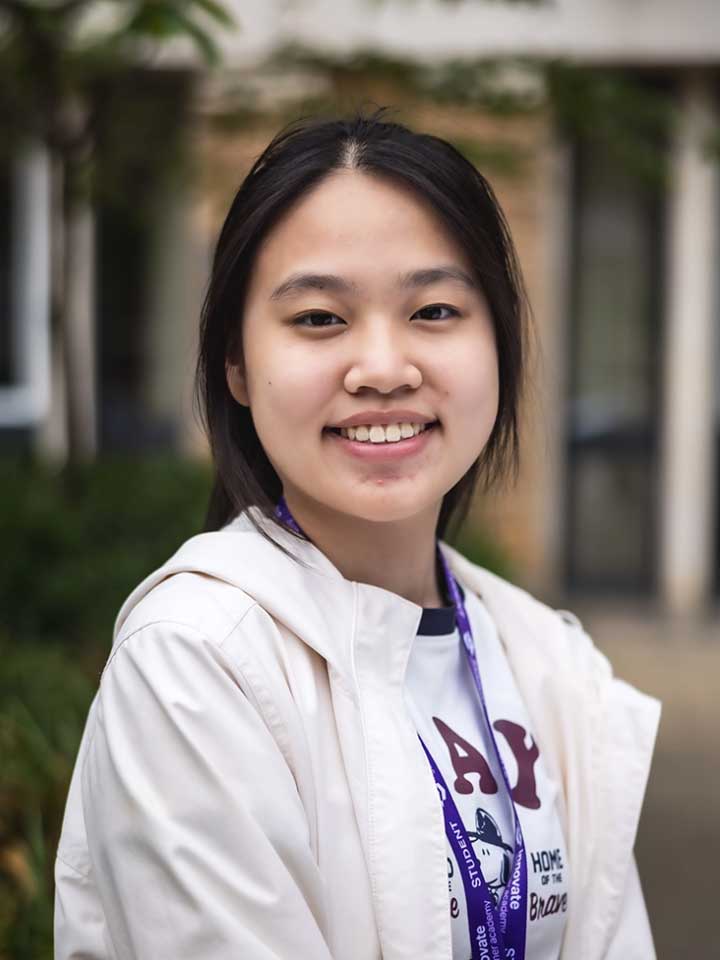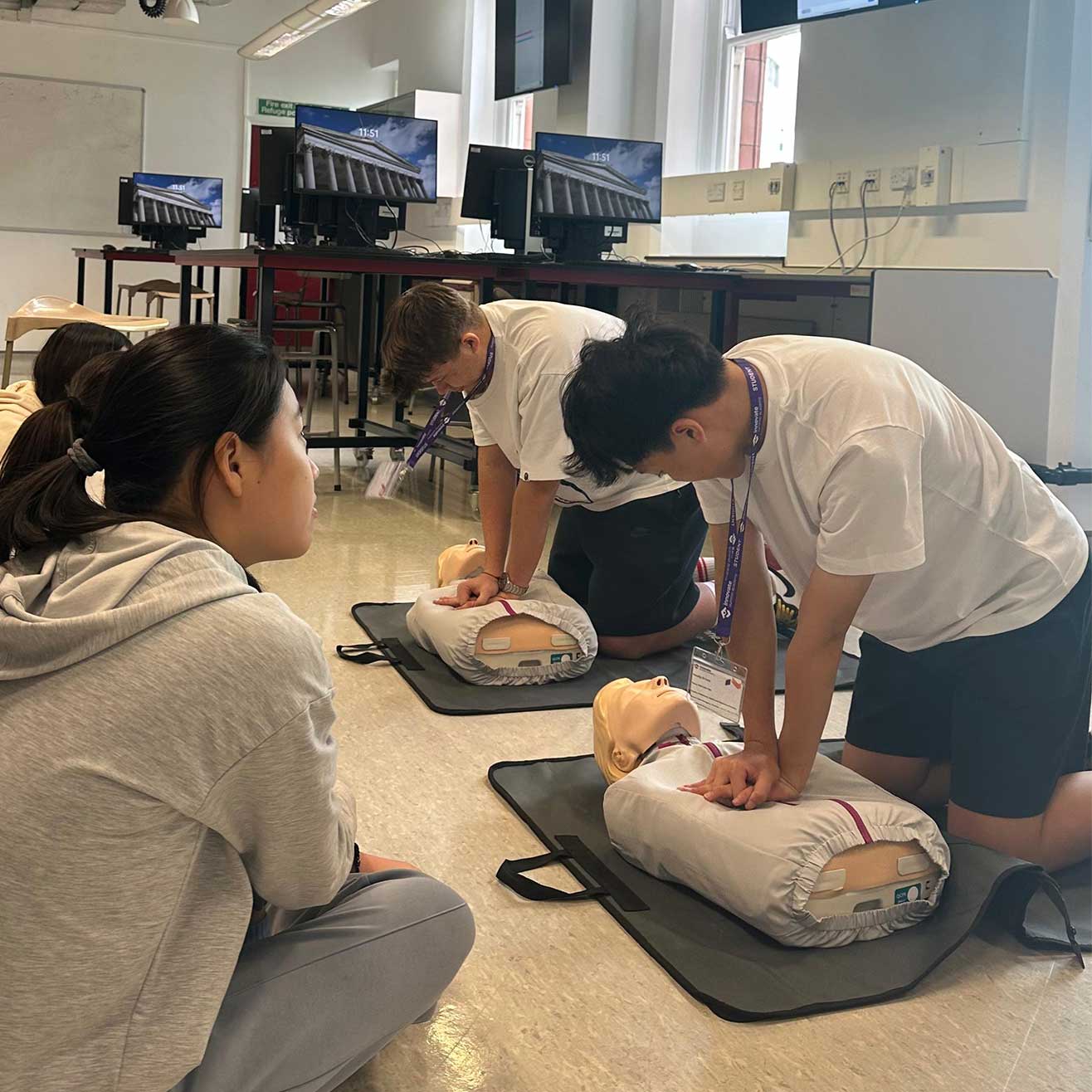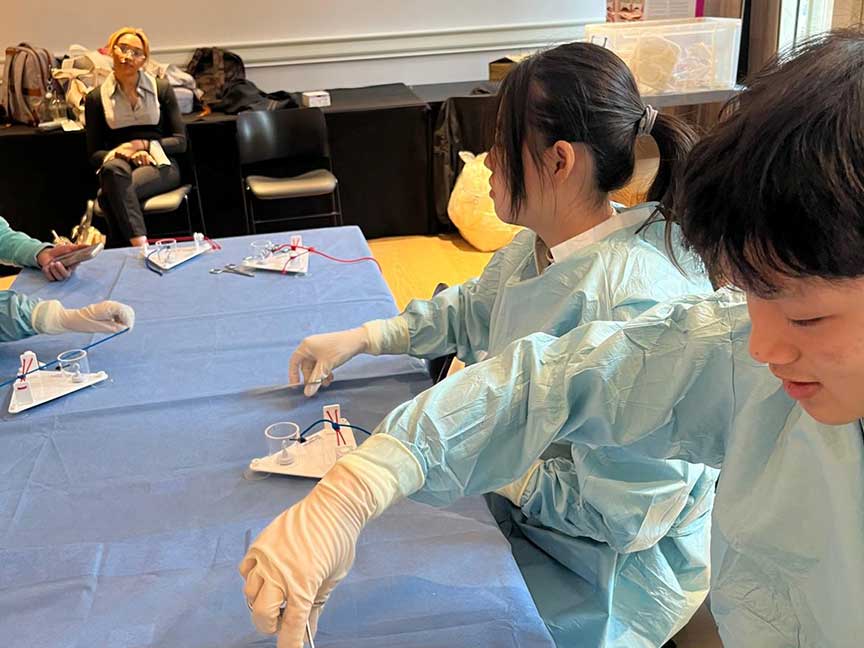The Faculty of Medicine, Health, and Biomedical Science is designed for students interested in healthcare and medical research. Our course explores key areas such as human anatomy, disease processes, and cutting-edge medical technologies. Through lectures, hands-on laboratory work, and clinical simulations, students enhance their analytical thinking and decision-making skills, vital for success in the medical field.
- You are viewing an automatically translated version of this website
